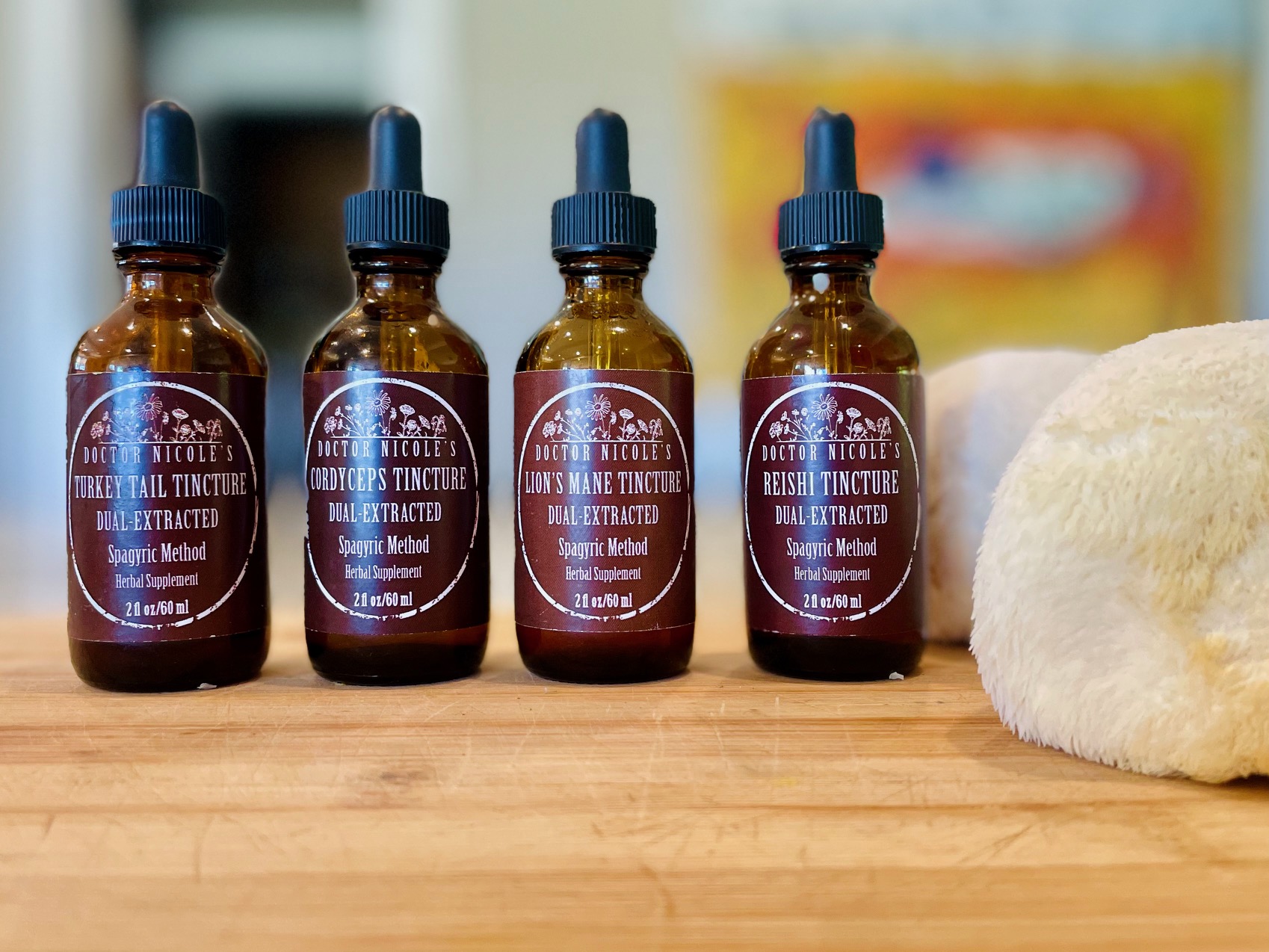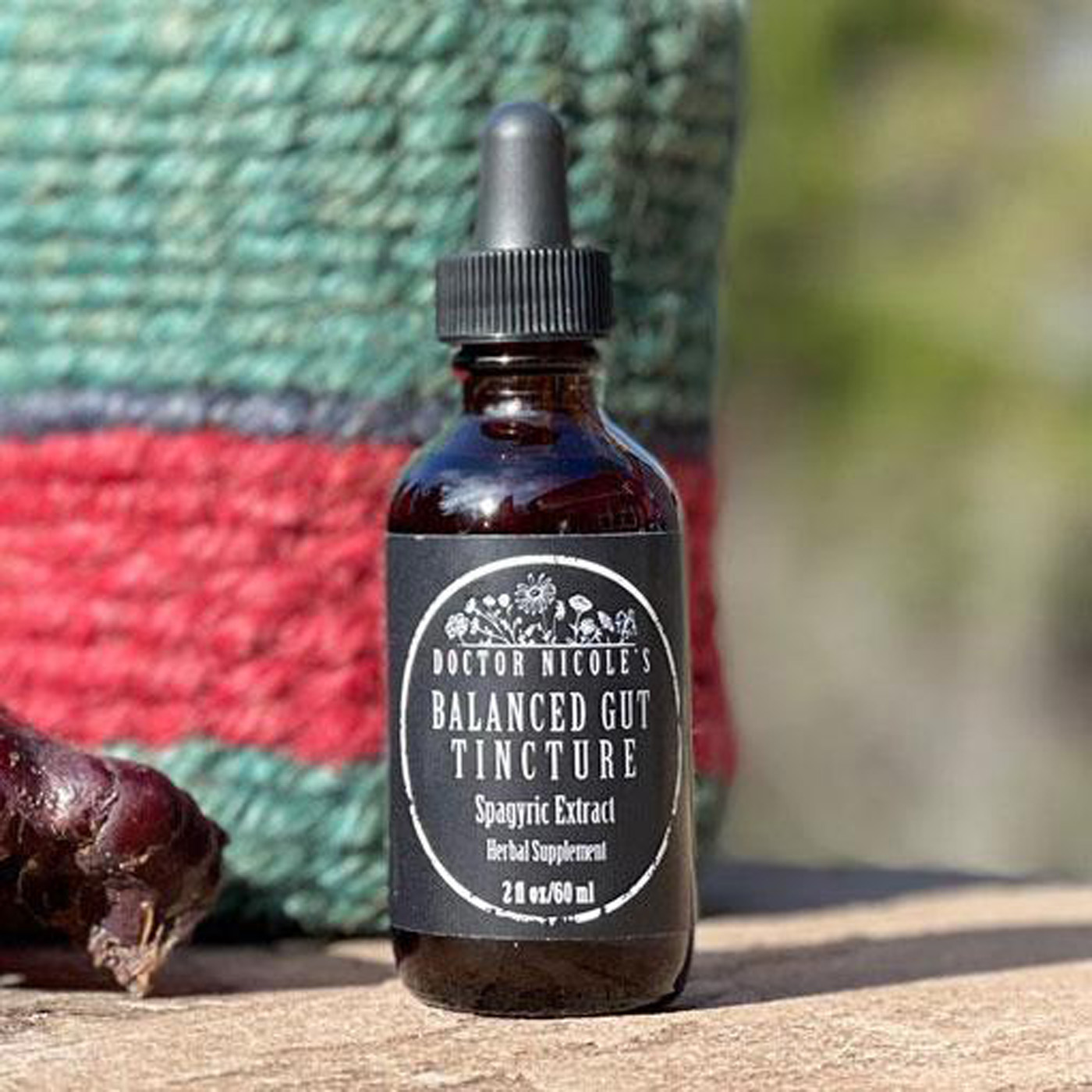Can This Simple Dietary Shift Impact MS?
Could adding more oily fish like salmon, mackerel, herring, tuna, or trout to your diet actually slow the progression of MS and reduce long-term disability? A fascinating study published in the Journal of Neurology, Neurosurgery & Psychiatry followed multiple sclerosis patients for 15 years to find out.1 Researchers didn’t stop there — they also examined the effects of lean fish — such as cod, haddock, and whiting — and explored how often you eat fish might influence multiple sclerosis. The results might surprise you — and could change the way you think about your next meal.
Why You Should Eat More Fish
For the study, researchers at Karolinska Institute in Sweden examined the data of 2,719 multiple sclerosis patients in the Swedish MS registry to explore the impact eating fish had on the disease.1 What the team found is that those who consumed lean fish once per week experienced 16% lower risk of worsening disability compared to those who didn’t eat fish, and those who ate oily fish each week had a 19% lower risk. Worsening disability was measured by an increase in the Expanded Disability Status Scale (EDSS) and confirmed in a follow-up medical visit approximately six months later.
Intake frequency also played a significant role in slower disease progression. Those who ate fish most frequently had a 34% lower risk of confirmed disability progression compared to those who rarely or never consumed fish. They also showed a 45% lower risk of reaching an EDSS score of 3 (indicating moderate disability) and a 43% lower risk of reaching an EDSS score of 4 (signifying significant disability). The analysis controlled for age, sex, disease phenotype, disease duration, and treatment.
Participants who increased the frequency of fish consumption within 5 years of their MS diagnosis had a significantly reduced risk of disability progression compared to those whose fish consumption remained low.
“We were encouraged to see that patients who increased their fish intake after diagnosis still benefited, indicating that dietary changes may have a meaningful impact on MS progression, even later in the disease course,” says study author Anna Hedström, MD, PhD, a senior research specialist with the department of clinical neuroscience at the Karolinska Institute in Stockholm.3

The team also noted that omega-3 fatty acids in oily fish are well known for their anti-inflammatory benefits, while the positive effects of eating lean fish may be linked to taurine — an amino acid abundant in fish and seafood. Taurine supports cellular health through its antioxidant and anti-inflammatory actions, making it a potential therapeutic target for neurological disorders. They also highlighted that diet influences gut microbiota, which in turn affects the production and metabolism of fatty acids that can help regulate immune function.
Supplementary analyses also showed the results remained consistent even after accounting for factors such as physical activity, body mass index, smoking, alcohol use, sun exposure, and vitamin D levels. This suggests that vitamin D may not be the main factor behind fish consumption and slower disability progression in MS.
“People with multiple sclerosis already know the importance of a healthy balanced diet, and this study is another bit of evidence to say that eating more fish is good for you,” observed Aravinthan Varatharaj, PhD, clinical lecturer in neurology, University of Southampton, Southampton, England. He was involved with the study.2
My Top Herbal Remedies for Autoimmunity
While including more fish in your diet is an excellent habit to adopt, medicinal herbs can also be an important aspect of managing multiple sclerosis and other autoimmune conditions. Personally, I use our Balanced Gut Blend and Mushroom FOURtress Bundle every day with outstanding results.
Since leaky gut and a disrupted microbiome are often associated with autoimmunity, inflammation, and disease progression, it is crucial to address both if you are struggling with an autoimmune condition. This is why we formulated our Balanced Gut Blend with the top botanicals for this purpose, which include Reishi (Ganoderma lucidum), Turkey Tail (Trametes versicolor or Coriolus versicolor), Plantain (Plantago major), Slippery Elm (Ulmus rubra), Marshmallow (Althaea officinalis), and Lion’s Mane (Hericium erinaceus).
This blend helps to heal leaky gut, supports immune system modulation, cools inflammation, controls candida overgrowth, promotes a healthy microbiome, and forms a protective layer throughout the gut to allow it to regenerate and heal.
I also use our Mushroom FOURtress Bundle daily. It includes dual-extracted, fruiting body tinctures of Cordyceps (Cordyceps militaris), Lion’s Mane (Hericium erinaceus), Reishi (Ganoderma lucidum), and Turkey Tail (Trametes versicolor or Coriolus versicolor).
Together, these powerful extracts help to alleviate chronic inflammation, cognitive dysfunction, fatigue, insomnia, depression, and anxiety; support the repair of damaged nerve cells in the spinal cord and brain by encouraging Nerve Growth Factor (NGF); assist with immune modulation; and promote a healthy gut and microbiome.
STAY SHARP. LIVE WELL.
“Love all these mushroom tinctures from Nicole! I have noticed a significant difference in the inflammation in my body, my energy levels have come back and memory and focus is much better as well. Will keep buying as long as she has them. Thanks for all you do!” -Scott
If you are seeking the most effective botanicals to address autoimmunity, we believe there is no better option than these science-backed, targeted formulations. Experience the difference — shop our gold-standard extracts today!
Nicole Apelian
Nicole’s Apothecary Products in this Post
References
- Johansson, Eva et al. “Impact of fish consumption on disability progression in multiple sclerosis.” Journal of neurology, neurosurgery, and psychiatry vol. 96,9 893-899. 14 Aug. 2025, doi:10.1136/jnnp-2024-335200
- “Fish-Rich Diet May Slow Multiple Sclerosis Disability Progression” by Pauline Anderson, Medscape Medical News, March 4, 2025.
- “Eating More Fish May Slow MS Disability Progression” by Don Rauf | Fact-Checked by Tom Gavin, Everyday Health, March 4, 2025.









